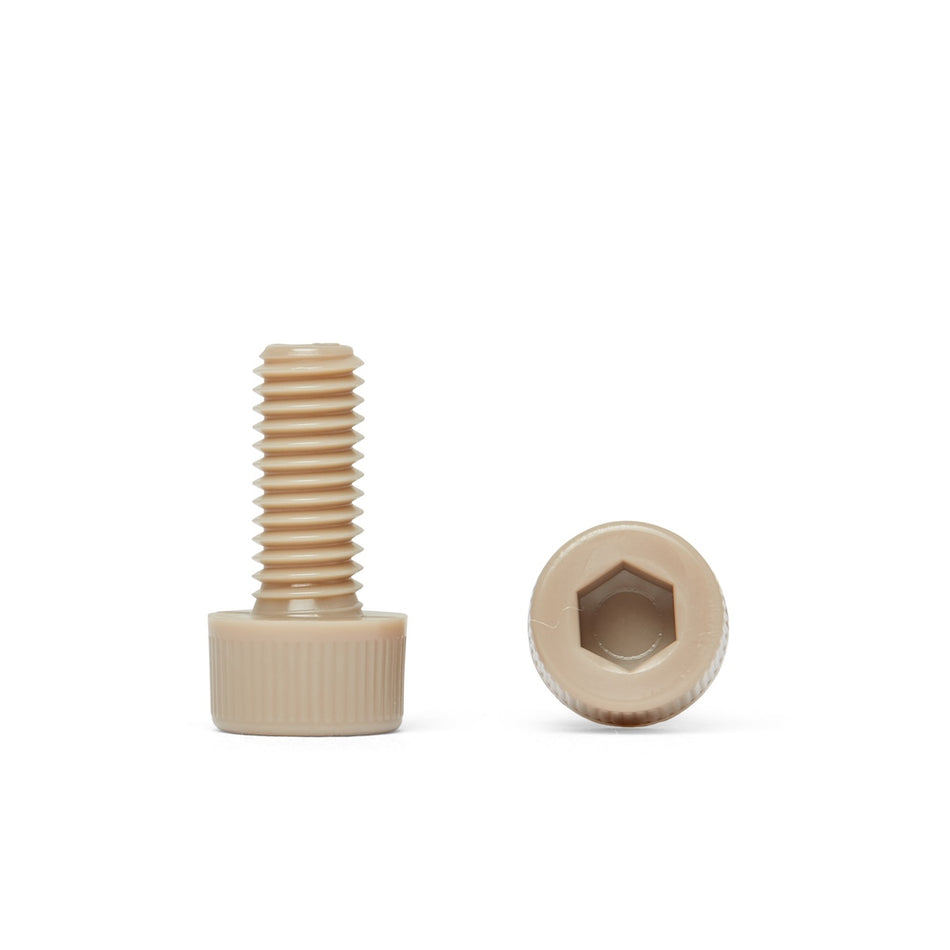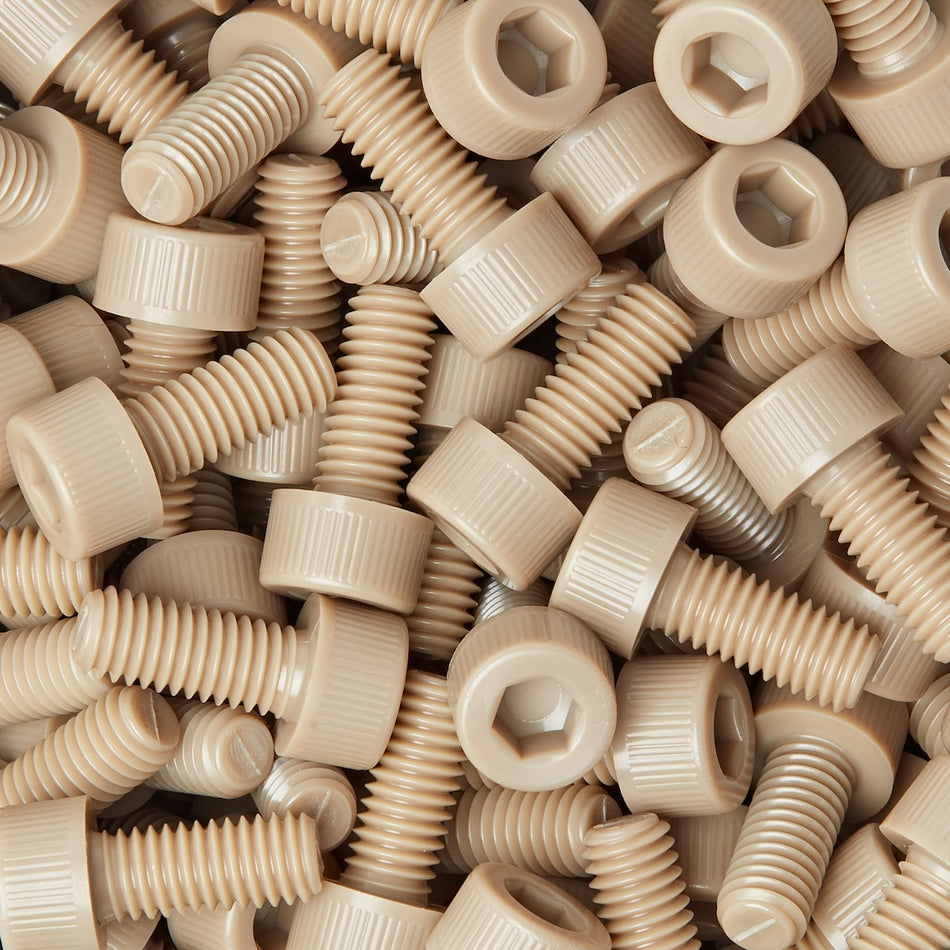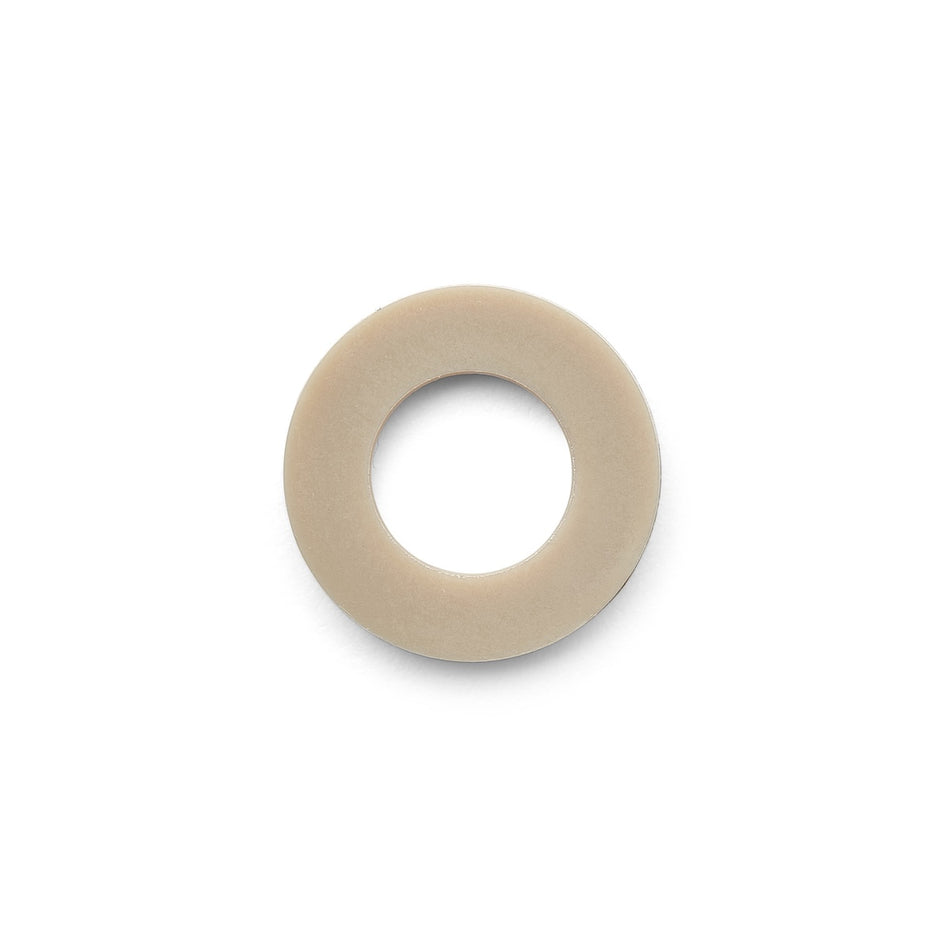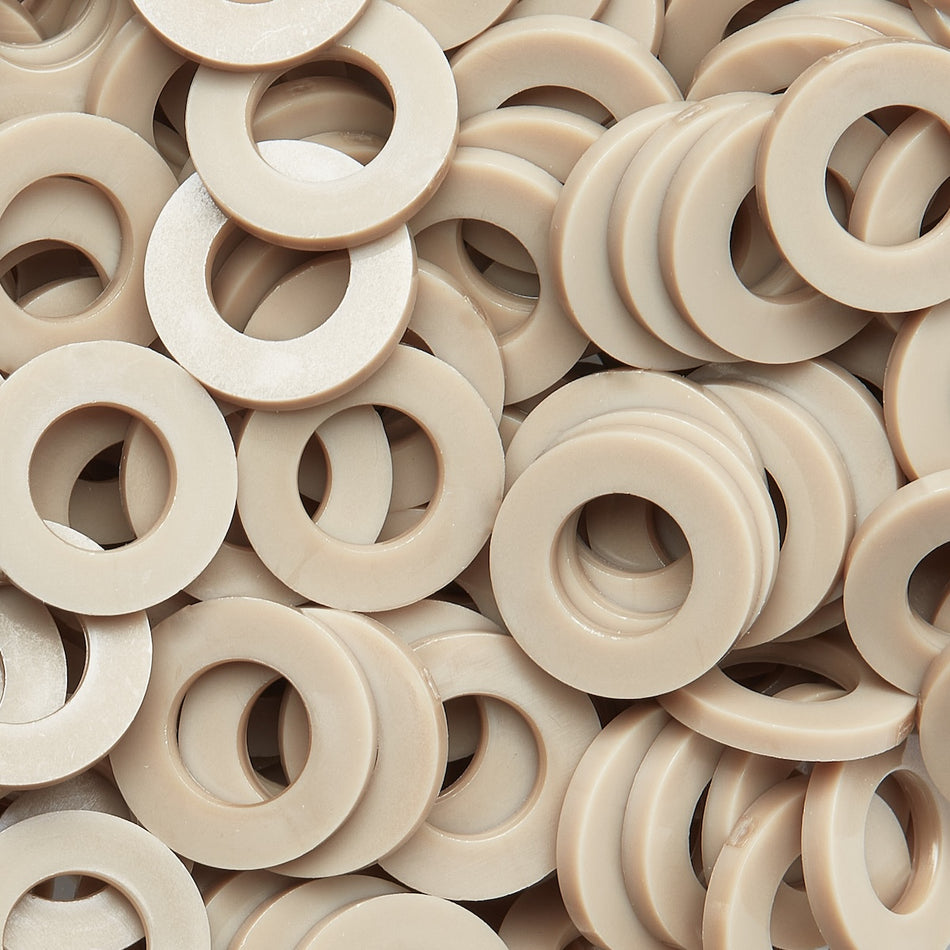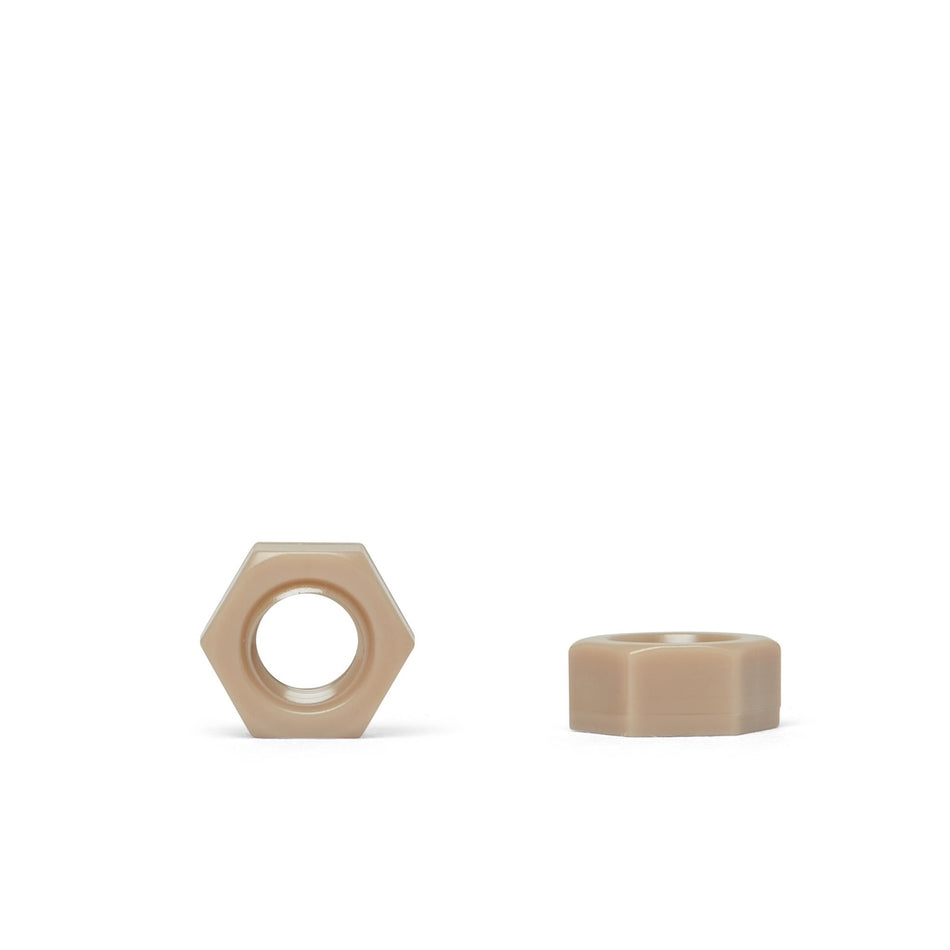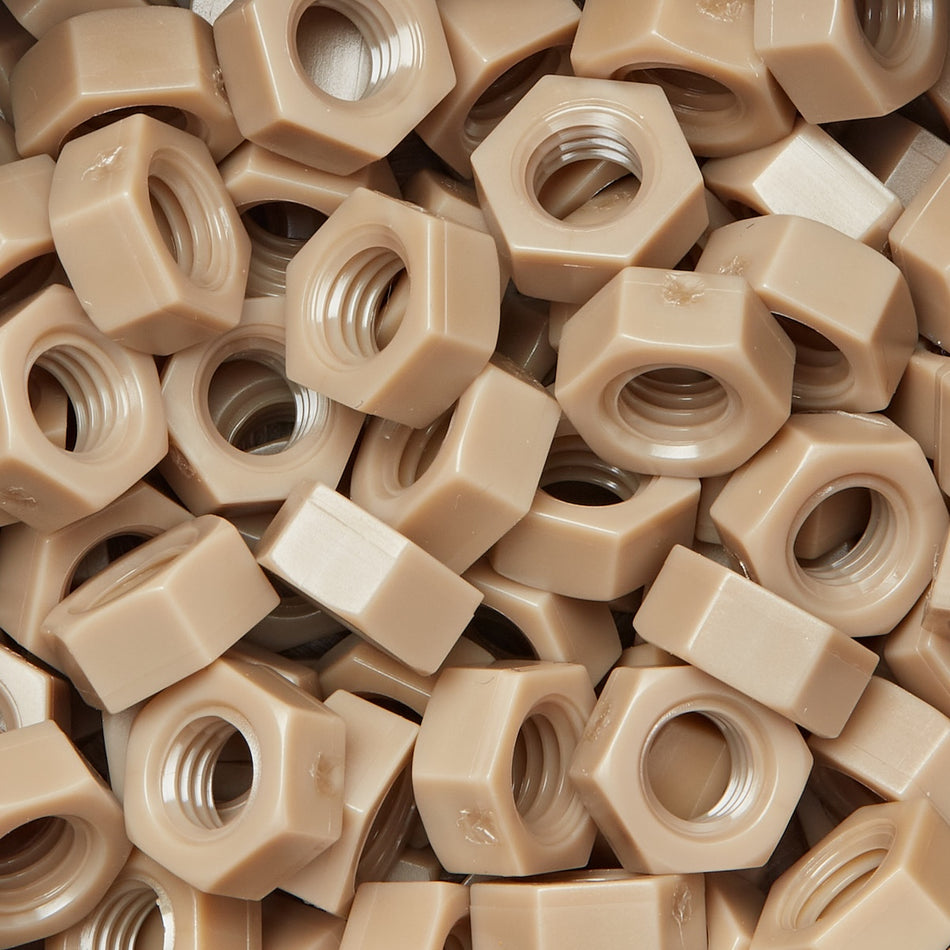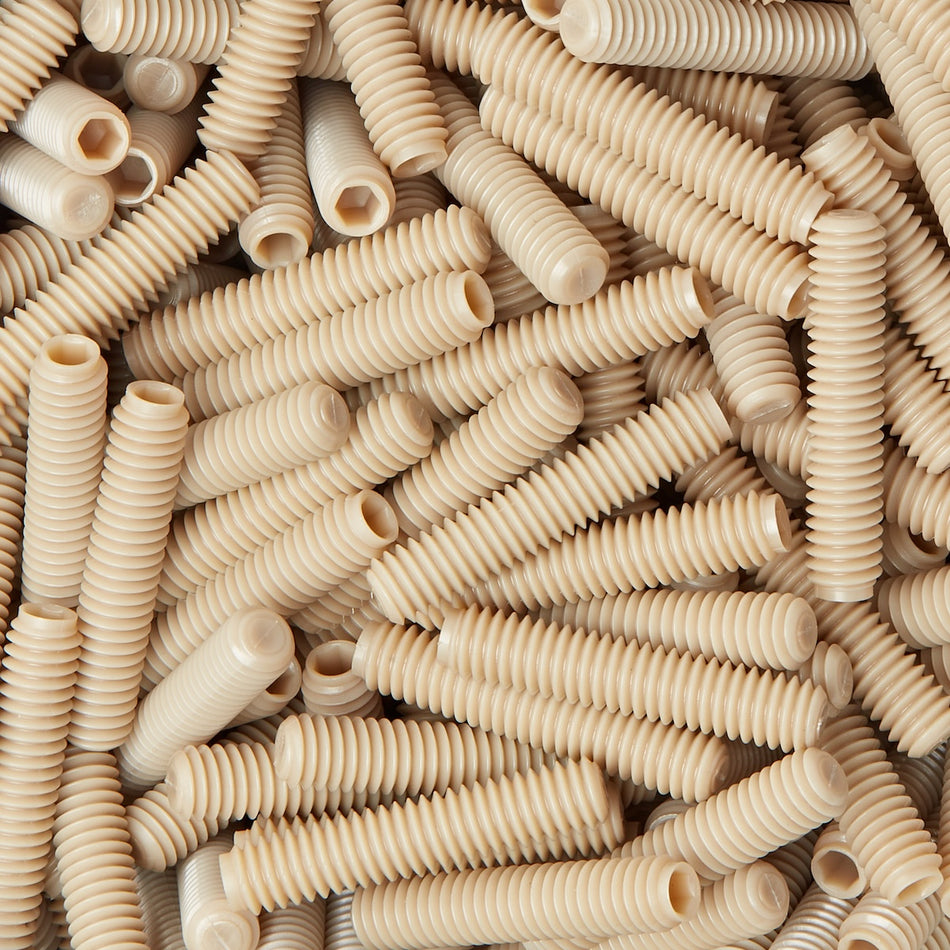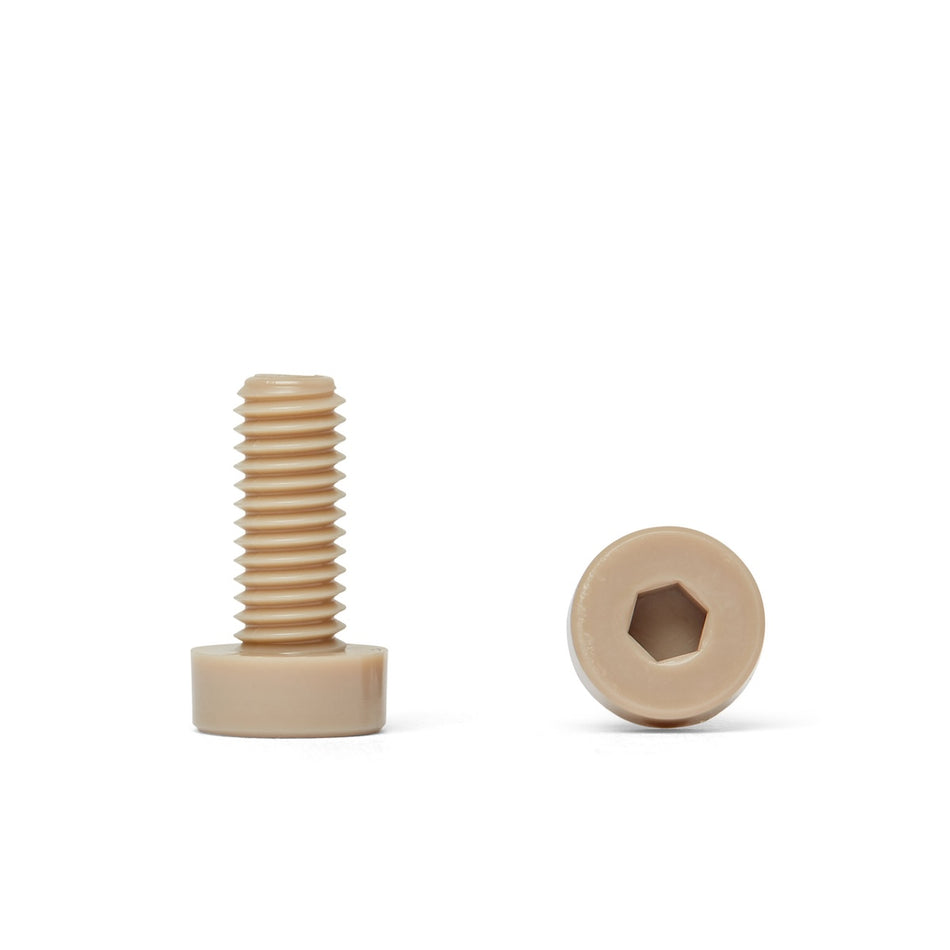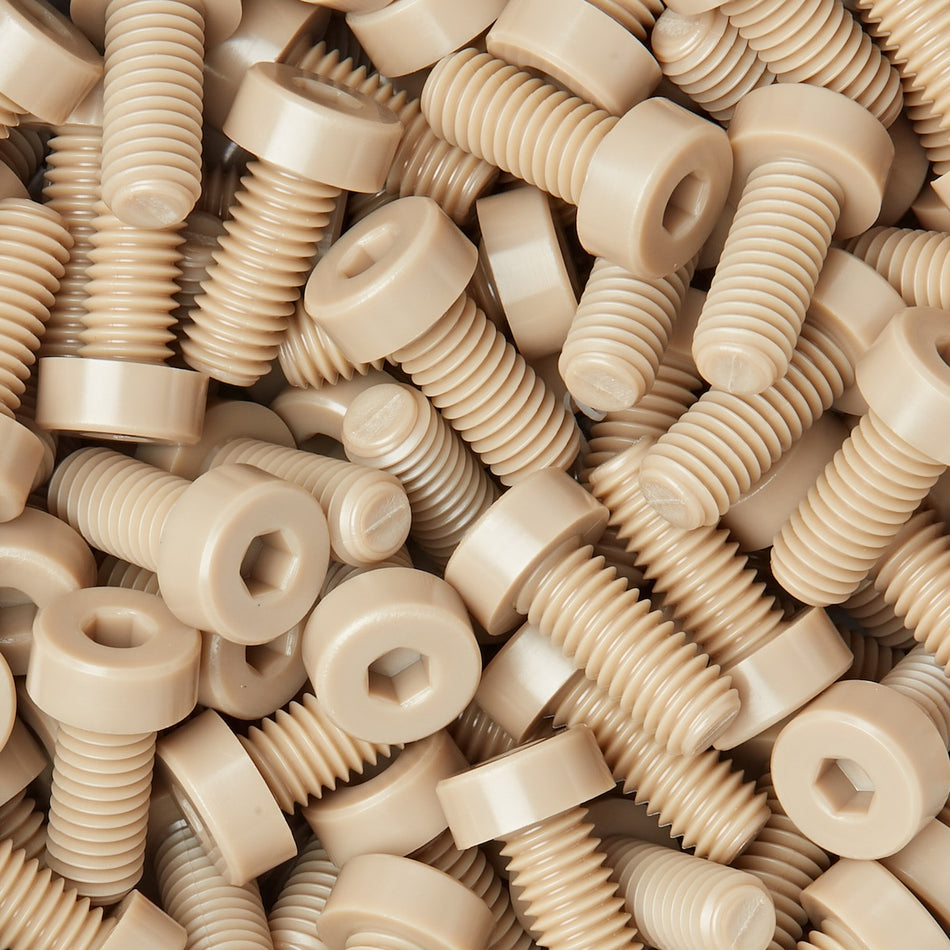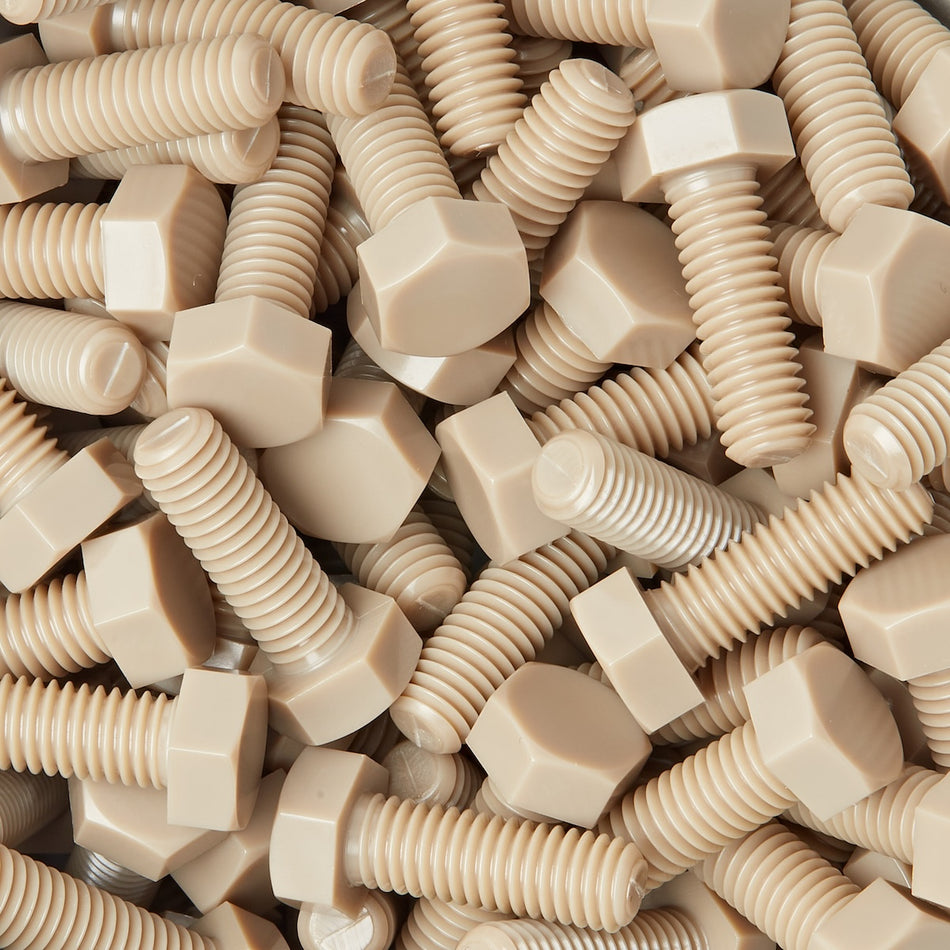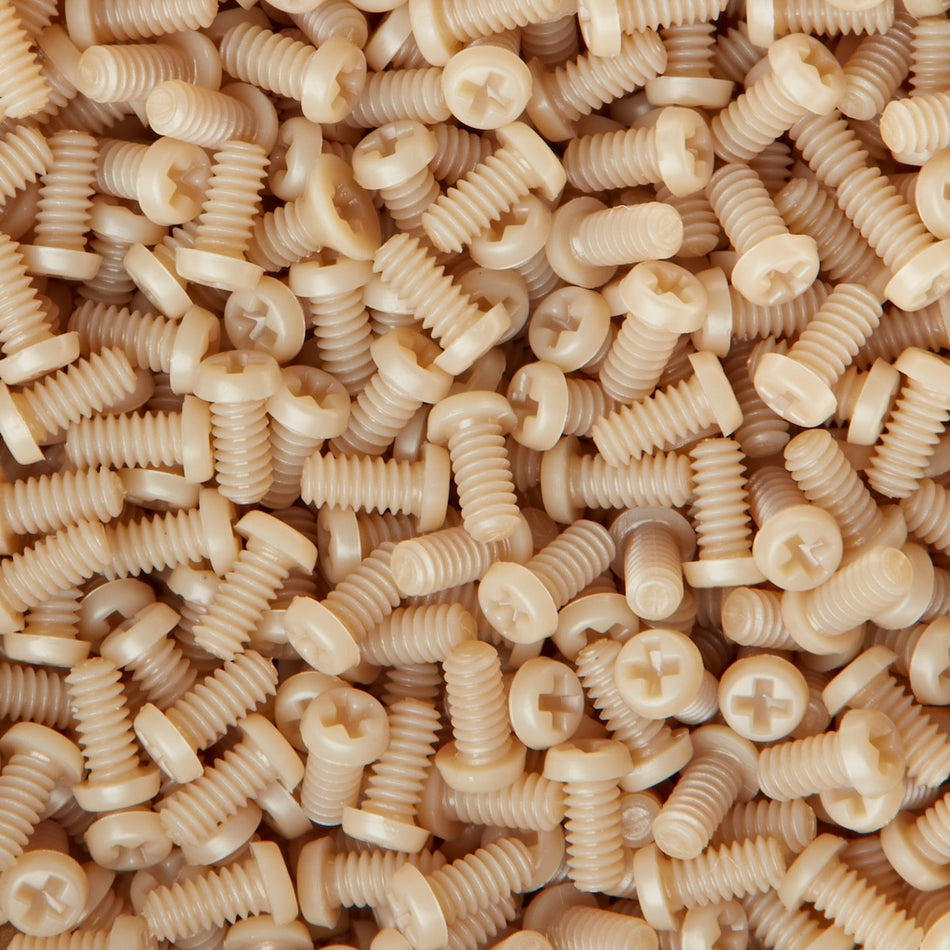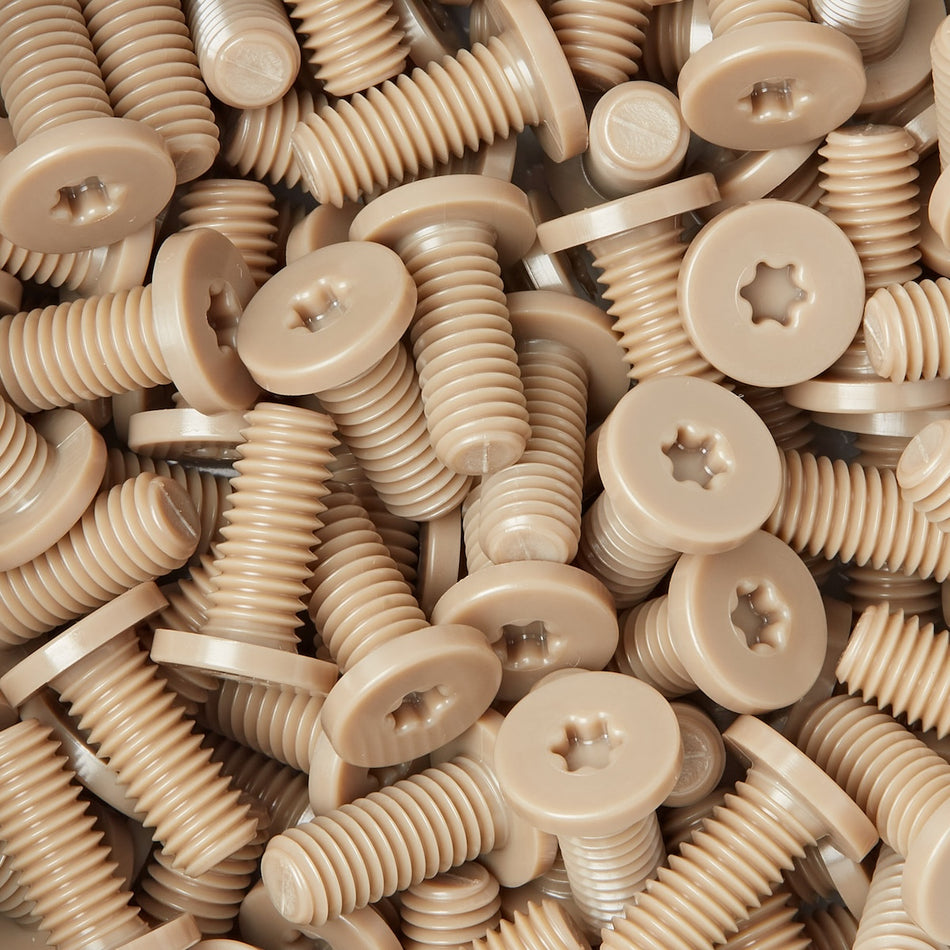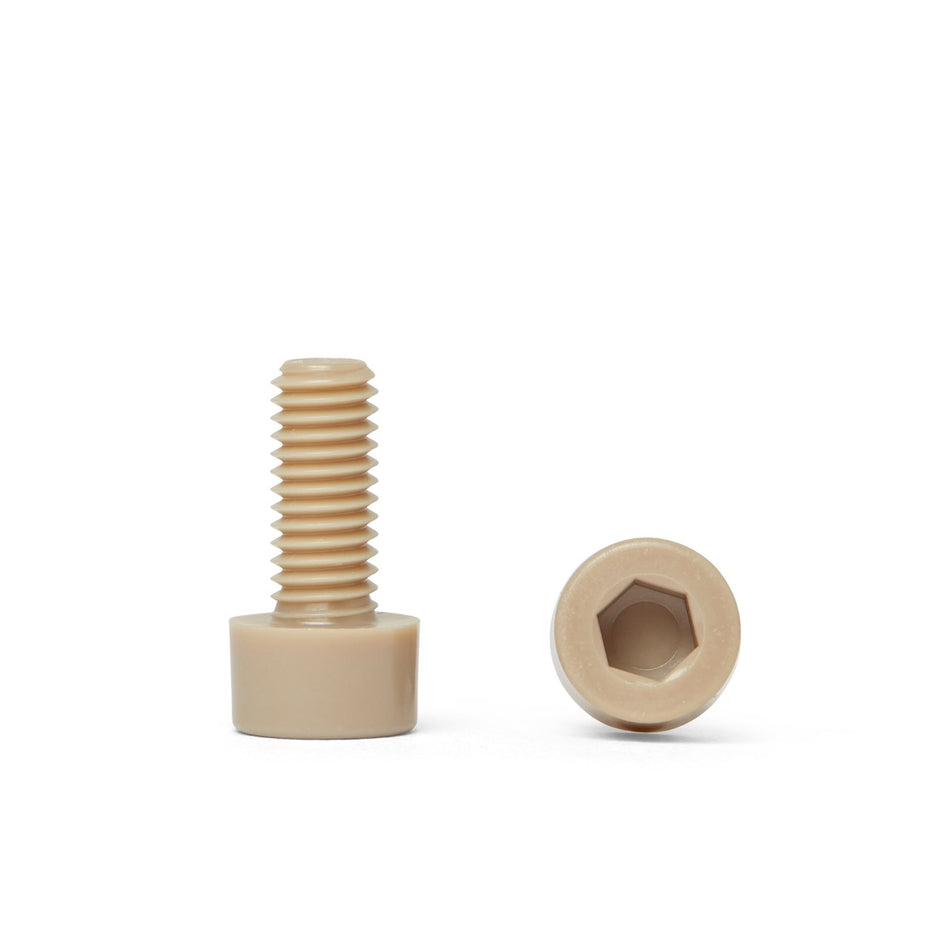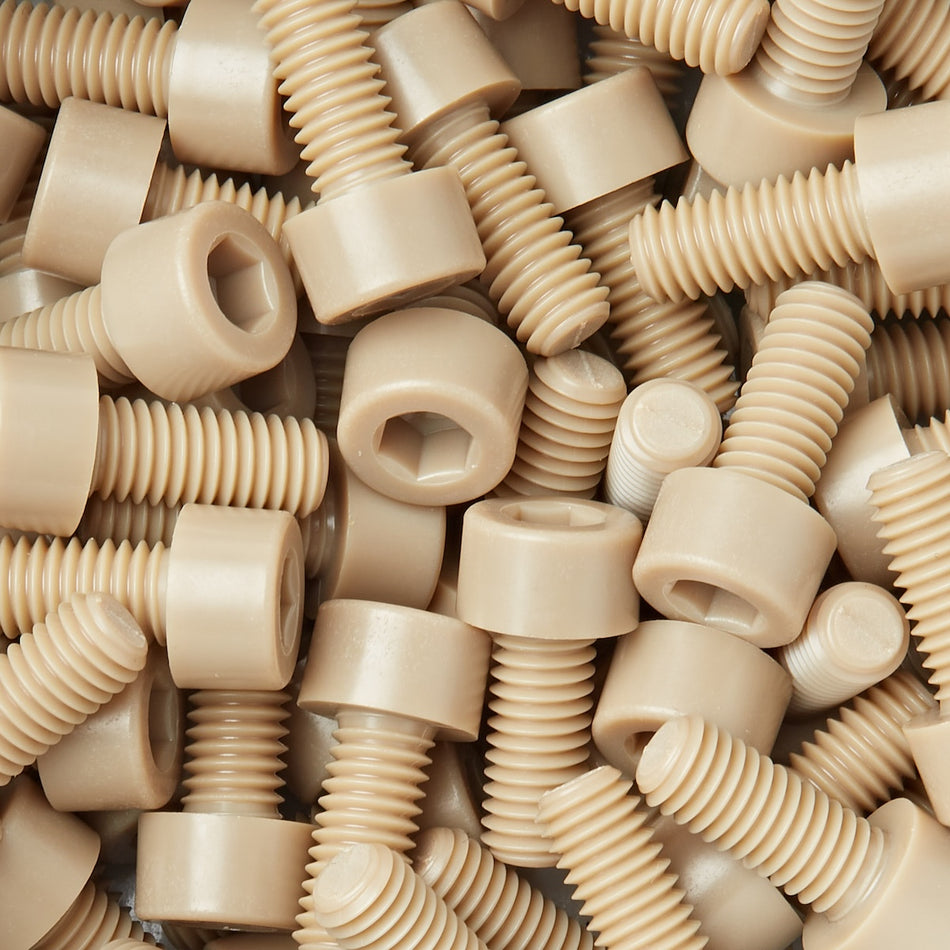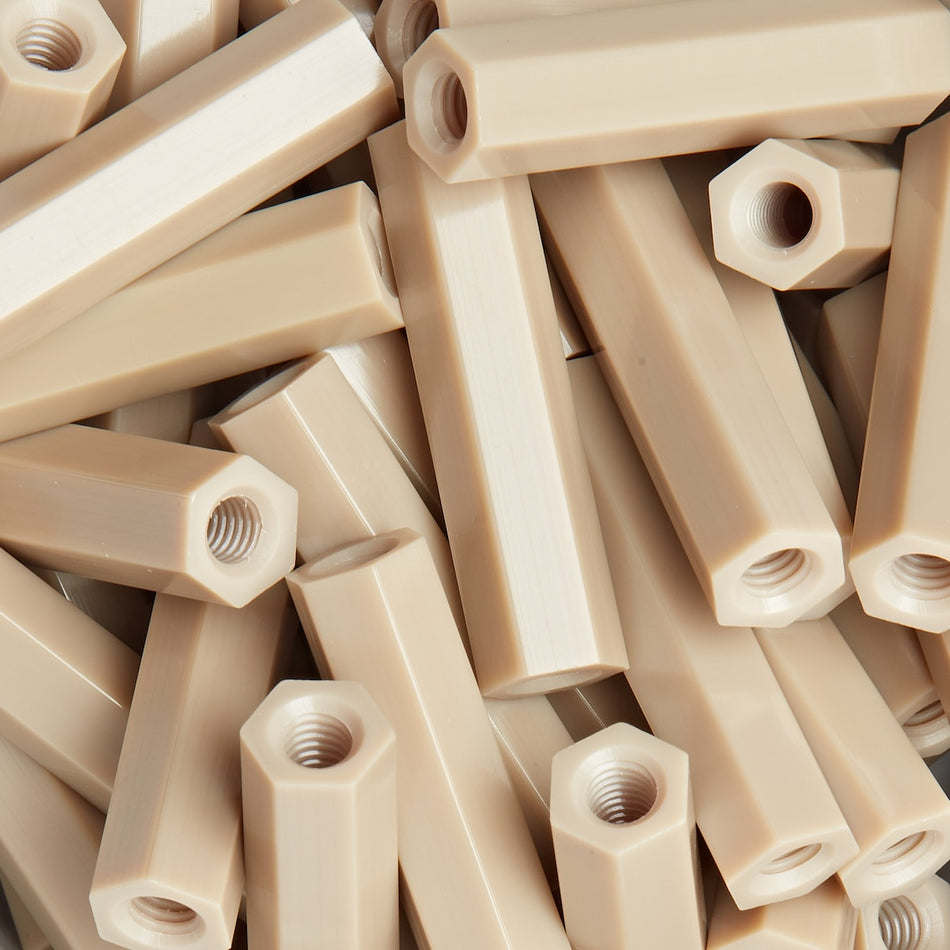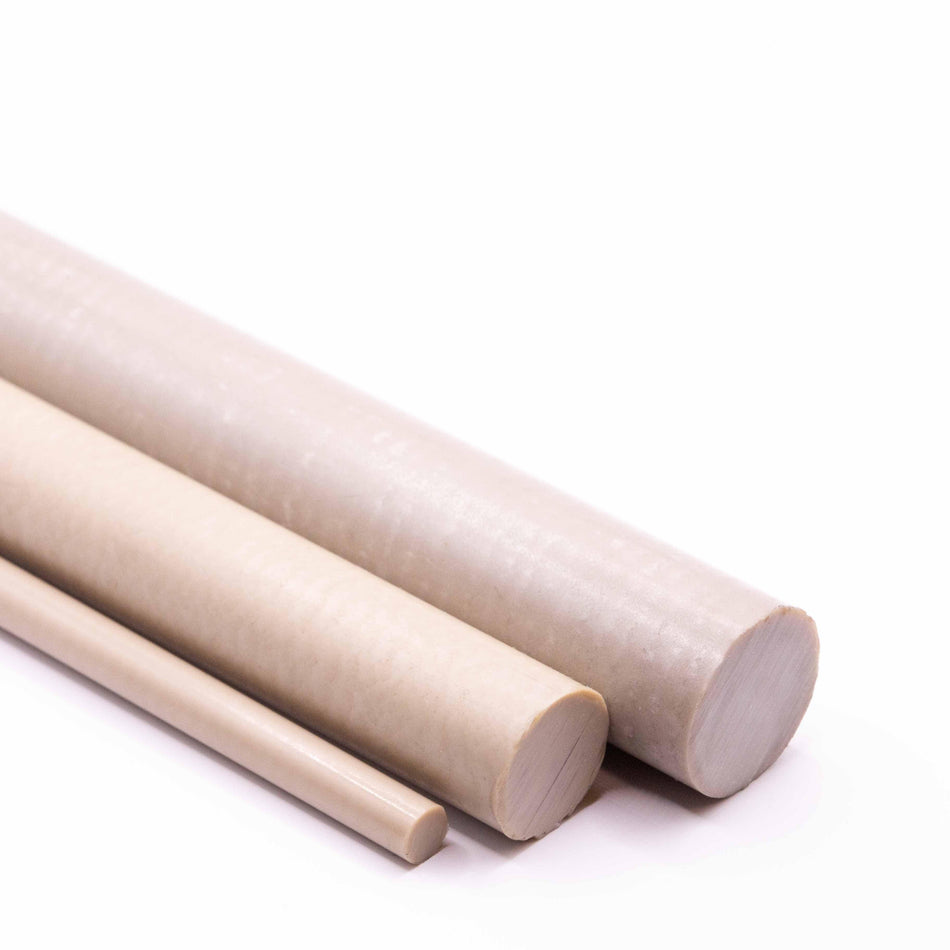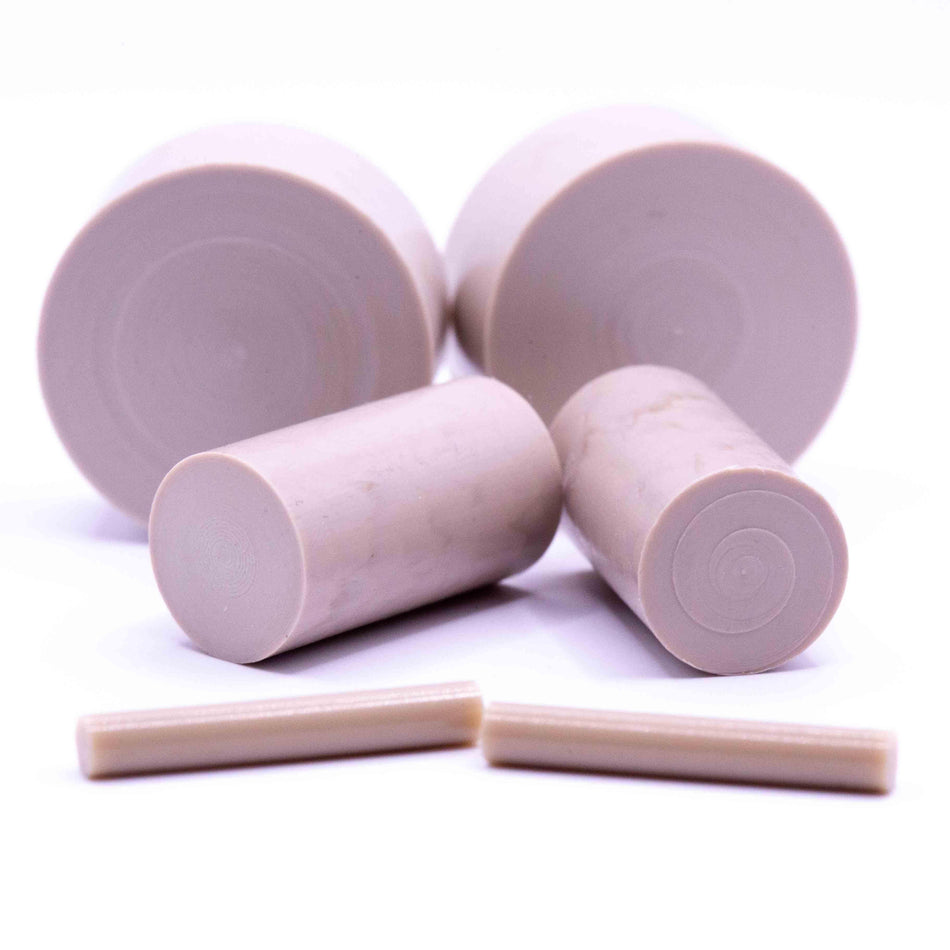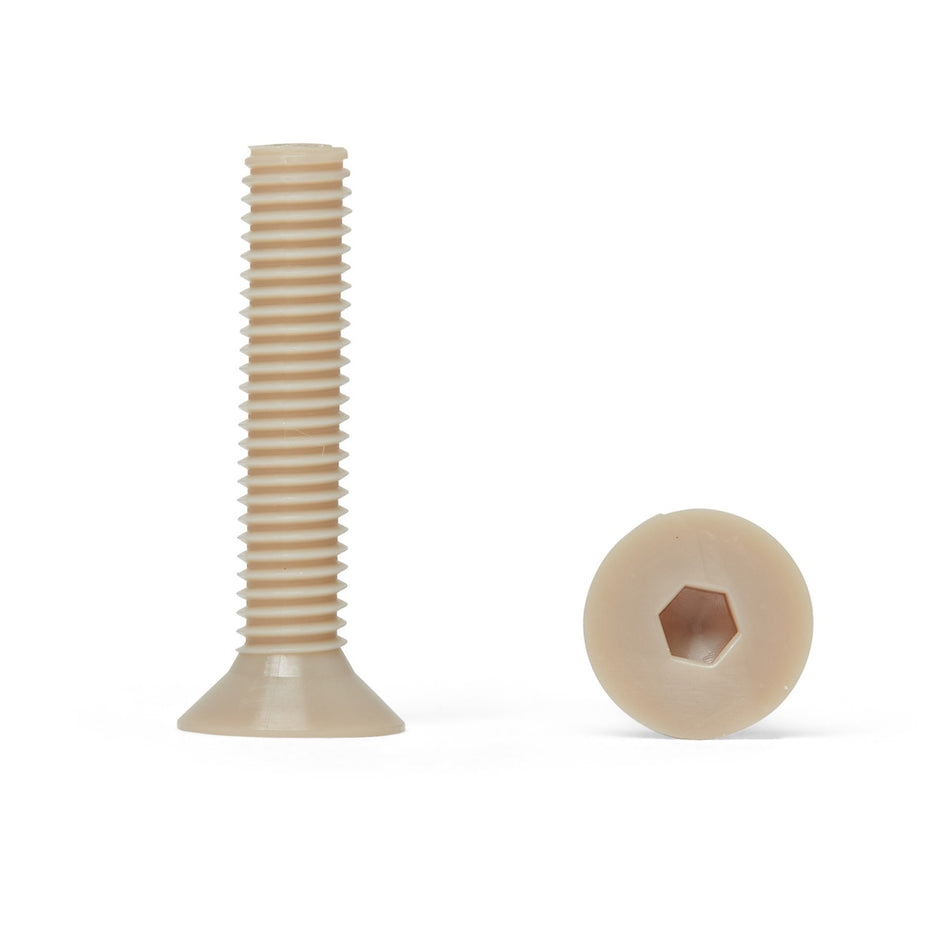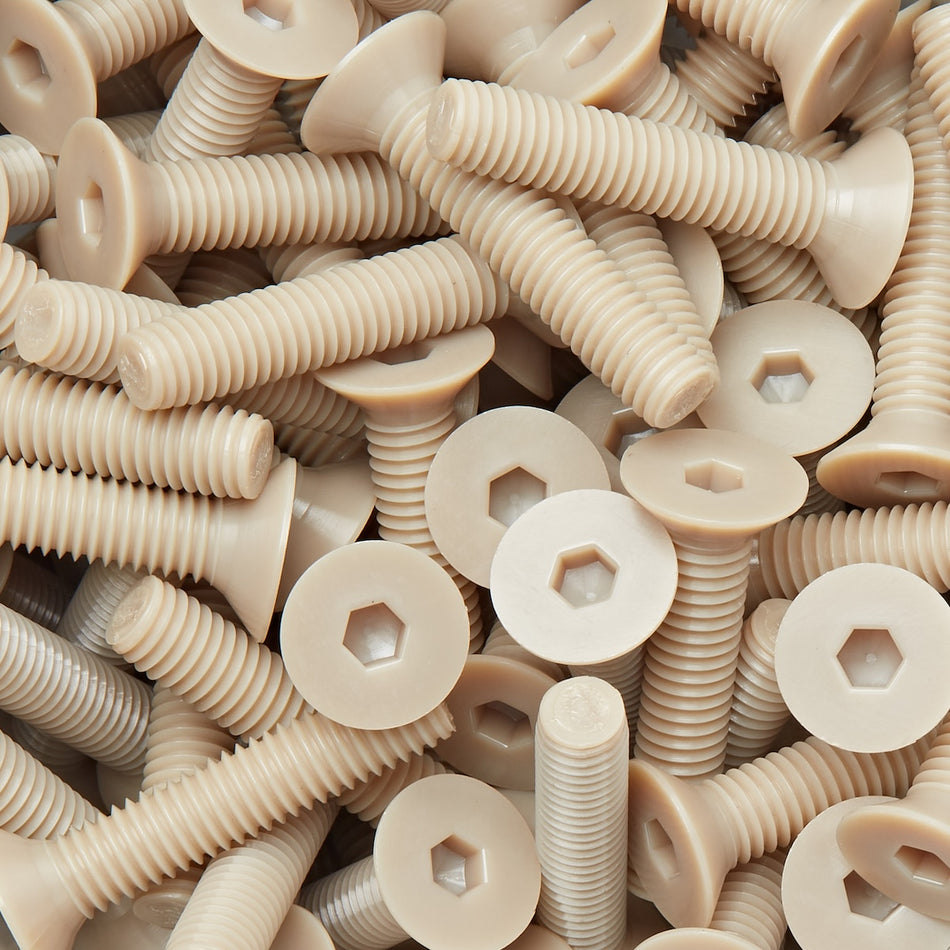107 Products
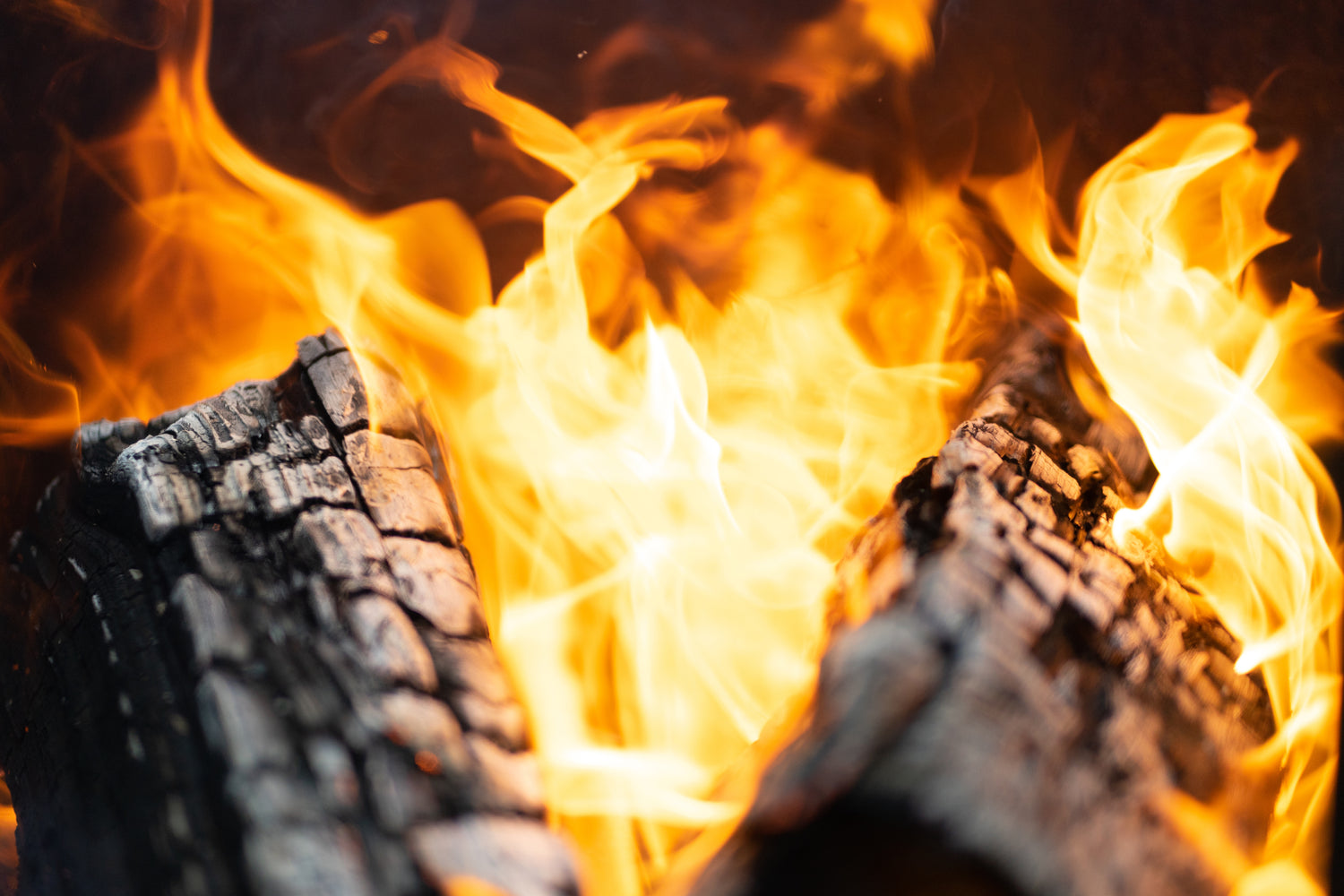

Why Are Flame Resistant Fasteners Needed?

Flame Resistant Polymer Materials
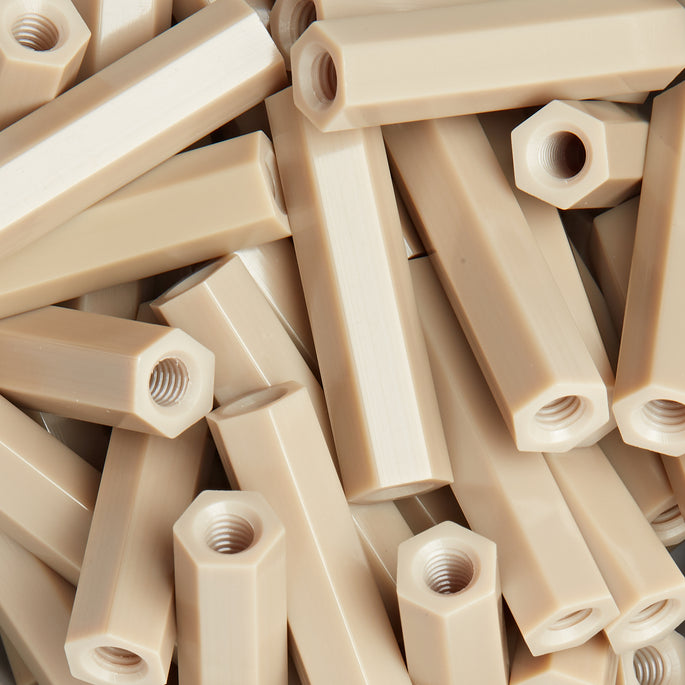
What are common uses of flame resistant polymer fasteners?

What makes these fasteners flame resistant?
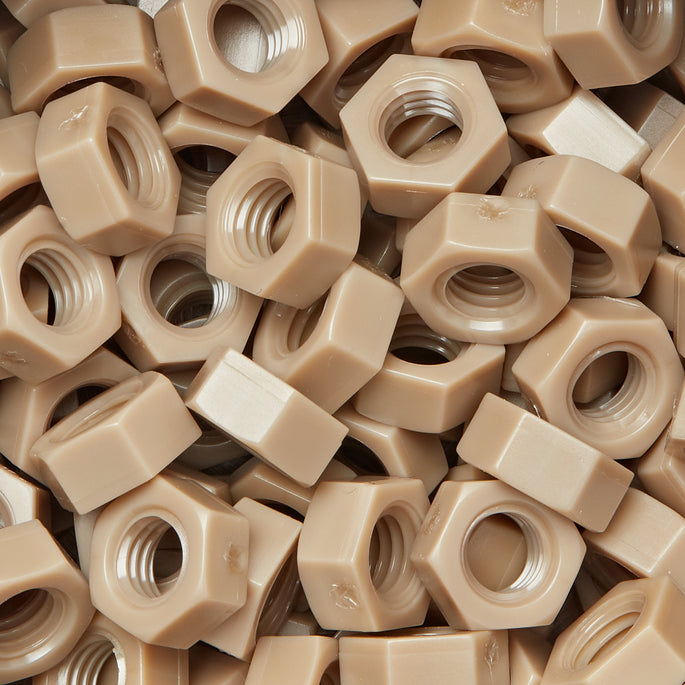
What are the benefits of flame resistant fasteners?
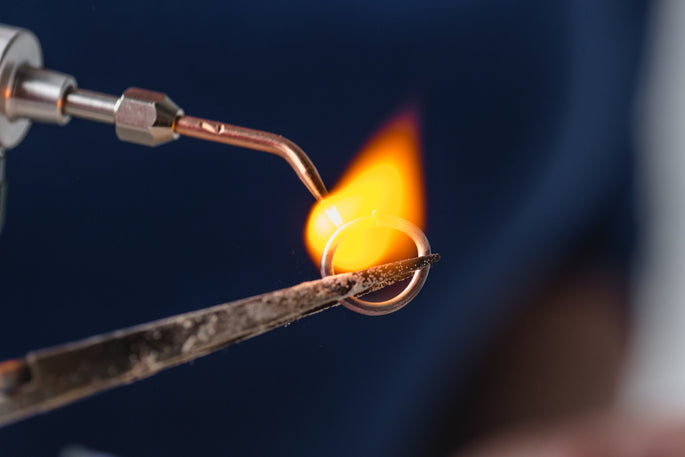
Do flame resistant polymers have other properties beneficial to their typical industries?
A lángálló polimer csavarok, anyák, csavarok, alátétek és kötőelemek olyan kötőelemek, amelyek olyan polimerekből készülnek, amelyek alacsony gyúlékonysággal és a lángok terjedésével szembeni nagyfokú ellenállással rendelkeznek. Ezeket számos olyan alkalmazásban használják, ahol a tűzbiztonság szempont, például az építőiparban, a közlekedésben és a hadiiparban, vagy olyan környezetben, ahol fennáll a tűzveszély.
Számos lángálló polimer létezik, amelyekből csavarok, anyák, csavarok, alátétek és kötőelemek készíthetők, többek között polifenilén-oxid (PPO), polikarbonát (PC) és polifenilén-oxid/polisztirol (PPO/PS). Ezek a polimerek alacsony gyúlékonyságukról és a lángok terjedésével szembeni nagyfokú ellenállásukról ismertek, ami alkalmassá teszi őket olyan alkalmazásokban való felhasználásra, ahol a tűzbiztonság szempont.
A lángálló polimer csavarok, anyák, csavarok, alátétek és kötőelemek számos olyan alkalmazásban használhatók, ahol a tűzbiztonságot illetően aggodalomra ad okot, például épületek, járművek és egyéb szerkezetek építésénél, valamint biztonsági berendezések gyártásánál és katonai és közlekedési rendszerek működtetésénél. Használhatók továbbá elektromos és elektronikus alkatrészek összeszerelésénél, valamint elektromos szigetelőanyagok gyártásánál.
A lángálló polimer kötőelemeket gyakran választják alacsony gyúlékonyságuk és a lángok terjedésével szembeni nagyfokú ellenállásuk, valamint egyéb előnyös tulajdonságaik, például korrózióállóságuk és jó mechanikai tulajdonságaik miatt. Segíthetnek a berendezések és szerkezetek biztonságának és megbízhatóságának javításában olyan környezetben, ahol fennáll a tűzveszély, és segíthetnek a lángok terjedésének megakadályozásában, valamint a tűzzel kapcsolatos balesetek kockázatának csökkentésében.
Összességében a lángálló polimer csavarok, anyák, csavarok, alátétek és kötőelemek fontos alkatrészek számos olyan alkalmazásban, ahol a tűzbiztonság kérdéses, és hozzájárulhatnak a következők javításához

